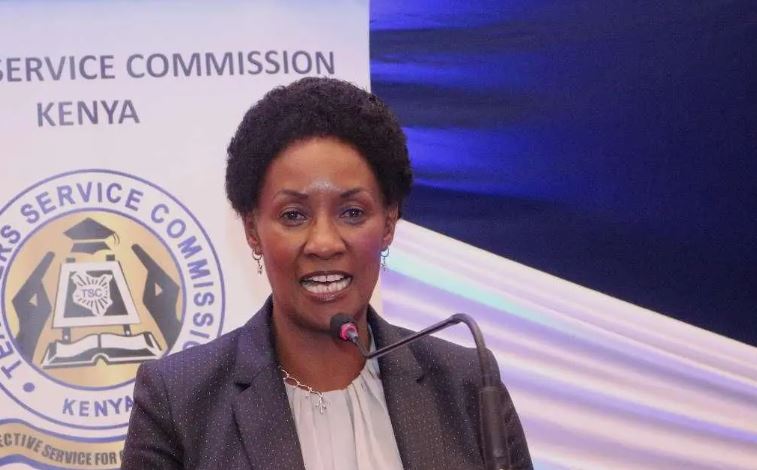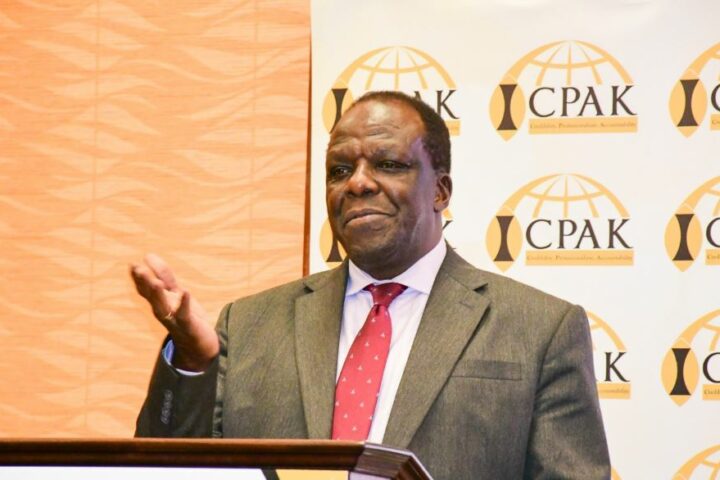 The Teachers Service Commission (TSC) has initiated the recruitment of teachers on permanent and pensionable (PnP) terms to replace those who have retired, resigned, or passed away.
The Teachers Service Commission (TSC) has initiated the recruitment of teachers on permanent and pensionable (PnP) terms to replace those who have retired, resigned, or passed away.
While this appears to be a positive move, it has sparked outrage due to allegations of political influence and favoritism in the process.
What’s Raising Eyebrows?
Reports suggest that TSC has handed over employment letters for these teaching positions to Members of Parliament (MPs) and other political figures. This practice has left unemployed teachers feeling disillusioned, as it creates a dependency on political connections rather than merit-based hiring.
Critics argue that TSC is undermining the integrity of what should be a transparent recruitment process.
At the Kenya National Union of Teachers (KNUT) Annual Delegates Conference in Mombasa, TSC CEO Dr. Nancy Macharia outlined the allocation of the 8,707 PnP teaching positions to be filled by January 2025:
- 5,862 positions for primary school teachers
- 2,824 positions for secondary school teachers
- 21 positions for junior secondary schools
Dr. Macharia emphasized that these are replacement positions for teachers who left the service and not newly created roles. A Sh2.5 billion budget, allocated in September 2023, supports the recruitment of 6,000 new teachers.
However, the lack of public advertisements for these vacancies has raised serious concerns about favoritism and transparency.
Allegations of Corruption
Accusations against the TSC go beyond favoritism. The process is alleged to favor politicians who influence appointments within their constituencies. Some candidates reportedly paid bribes of up to Sh400,000 to secure teaching positions, leading many to compare this to past recruitment scandals.
A notable instance involved former Education Cabinet Secretary Ezekiel Machogu, who was caught on video distributing teacher employment letters in Kisii County—a move that caused public uproar.
Similarly, MPs like Sylvanus Osoro have been accused of using appointment letters as political currency.
What About Those Internships?
Navigating TSC’s requirements involves completing a mandatory one-year internship before being eligible for permanent employment. Though internships offer hands-on classroom experience and career development, they have their challenges, especially for Junior Secondary school interns.
These interns earn a modest stipend of Ksh 20,000, which is further reduced by deductions for NHIF, NSSF, and housing levies.
On a more positive note, TSC recently converted approximately 46,000 internships into permanent positions, effective January 2025. Additionally, the Commission has recruited 20,000 Junior Secondary school interns, with placements expected to begin in the upcoming school term. Despite these efforts, inconsistencies in the system remain a pressing issue.
Unsurprisingly, the public is outraged. The perceived lack of transparency in the recruitment process has left many hardworking educators feeling overlooked. Stakeholders are now urging TSC to address these concerns and restore trust by committing to fair and merit-based hiring practices.
The way forward for TSC is critical. Will the Commission take steps to regain public confidence, or will allegations of political interference and corruption overshadow its mission?








